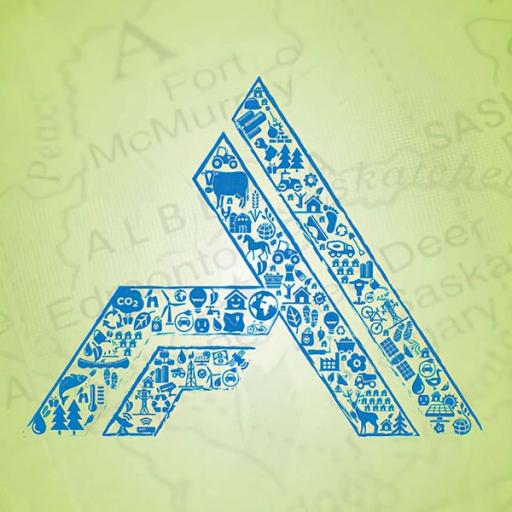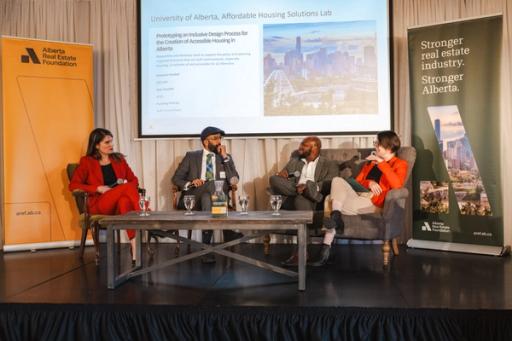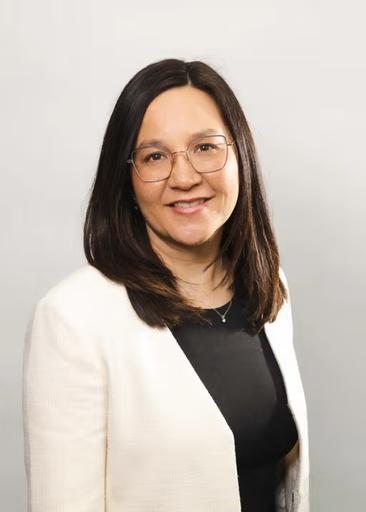October 3, 2018
September 2018 Community Investment

The Board of Governors of the Alberta Real Estate Foundation approved $713,000 in community investment projects at their recent meeting.
The Alberta Real Estate Foundation (AREF) supports initiatives that enhance the real estate industry and benefit the communities of Alberta. AREF was established in 1991 under the Alberta Real Estate Act. Since then, it has awarded over 18 million dollars in community and industry grants to nearly 600 projects across Alberta.
Projects approved at the September meeting include:
Accessible Housing Society – Changing our Community Through Story
By capturing, analyzing, better understanding and then translating the story of the new 45-unit home called Inclusio, Accessible Housing will be better positioned to share their learning with government funders and policymakers, corporate partners, and community organizations. The intention of this initiative is to combine the documentation of key learnings with employee learning and development opportunities, and to ensure these employees have the skills, knowledge, and tools required to share this story with other communities. When well-shared, this story will inspire others to create similar developments in Alberta.
Environmental Law Centre (Alberta) Society – Moving from Conversion to Conservation: Stopping the Loss of Agricultural Lands in Alberta August 2018
This initiative will look at the challenges and opportunities for moving from conversion to conservation of agricultural lands which will result in a primer on agricultural lands law and policy in Alberta and a gap analysis to identify the legal challenges for conservation of agricultural lands. These reports will be conveyed to government, politicians, stakeholders and interested Albertans and will provide direct advice and support for emerging agricultural land conservation efforts.
Friends of Fish Creek Provincial Park Society – Jobbers House, Fish Creek Provincial Park. Repurposing and Upgrade Plan
The 100 year old house that stands next to the Friends of Fish Creek Provincial Park Society office has remained empty since around 1957. It was part of the ranch upgrades carried out by Patrick Burns in 1918, and is one of only three buildings remaining from the Burns period, a significant time for the ranching industry in Canada. This house has been part of the charm of Fish Creek Park for three generations and is important to the community. However, this building is subject to demolition at the stroke of a pen. This project will look at the feasibility to renovate and repurpose this building to support the Friends of Fish Creek Provincial Park Society’s growth, support community by provide a facility to serve as a hub for less established non-profit groups and ensure the survival of this piece of Calgary’s history.
Organic Alberta – Land Access Strategies for New Farmers in Alberta
New farmers report that land access is the biggest barrier to entry they face. At the same time, older farmers looking to retire are wondering how to transfer their land to the next generation of farmers. This project will support research, consultations and surveys of new farmers, older farmers and land experts to better understand the land access and land transfer context in Alberta. Resources will be developed to support land access for new farmers and pilot workshops will test land access outreach and education approaches for new and older farmers.
University of Calgary Cumming School of Medicine – Understanding Behavioural Environmental Design Contributors of High Radon Exposure to Protect Canadian Health
Canada contains many radon gas-generating regions and, because we have constructed population centres across all of them, radon is the primary cause of lung cancer in 10,000- 40,000 Canadians per decade. We have conducted detailed radon gas analysis of 11,000+ homes spread across Alberta and Saskatchewan, finding that 1 in 6 contain hazardous amounts of radon with newer homes in many regions (but not all) having much higher total radon. We have revealed an unknown “X factor” within environmental design practice across regions that is a major contributor to radon exposure, and our goal now is to understand this and develop solutions to protect the population. We aim to (i) identify modifiable behaviors and environmental design practices influencing chronic radon exposure in our changing world and (ii) define engineering and community intervention solutions applicable within the Canadian context to eliminate radon as a source of cancer in the future.
Waterlution – A Water Learning Experience – Water Innovation Lab Alberta 2019
This project will support the foundations for a robust Water Innovation Lab 2019 program, with diverse partners and content across Alberta. Water Innovation Lab Canada 2019 (WIL2019) will bring 100 young water leaders and 25+ resource guests from across Alberta and Canada together for 7 days of leadership training, community/industry visits and local action projects in Autumn 2019. WIL2019 is designed to accelerate collaborative innovation, fast track regional and global water knowledge sharing, showcase local leadership and bring water talent closer to employers. Goal at WIL2019 is to build long-term skills for the sector and support multiple seed funded teams from WIL2019 for teams to test, pilot, prototype water innovation projects.
Topic
Similar News


